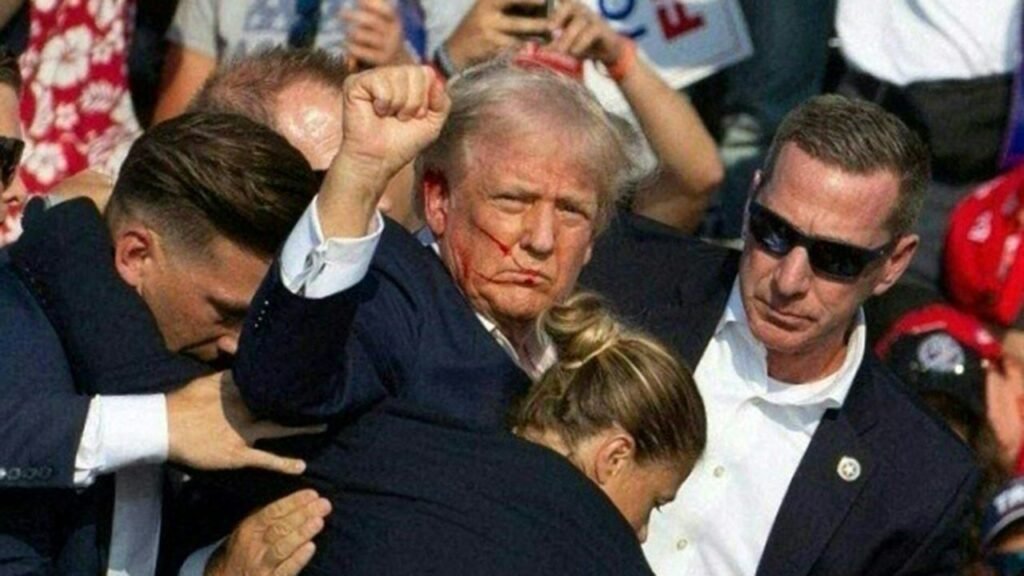The article discusses the recent assassination attempt against Donald Trump at a rally in Pennsylvania, highlighting the chilling and frightening nature of the incident. While Trump was fortunate to have only sustained a minor injury, the shooting resulted in two fatalities, including the shooter. In response to the incident, President Biden and several prominent Democrats have united in condemning political violence, wishing Trump well, and putting aside partisanship. The media is urged not to engage in the blame game or exploit the tragedy for political gain.
The article emphasizes that the blame for such violent acts lies solely with the individuals who commit them. The perpetrators of presidential assassinations throughout history have been characterized as mentally unstable and acting on their own accord. It is noted that the motives behind such attacks can often be complex and difficult to discern. Both Trump and Biden have called for unity and resilience in the face of tragedy, urging a reduction in the divisive rhetoric that pervades political discourse.
Instances of similar attacks in the past are referenced, including the shooting of President Reagan in 1981 and the attempted assassination of Rep. Gabby Giffords in 2011. The article highlights the dangers of assigning blame to individuals or political figures for the actions of violent offenders. The demonization of political figures and the use of violent language in political discourse are cited as potential factors that could contribute to acts of political violence.
The article notes that despite calls for unity and a reduction in inflammatory rhetoric, some politicians have sought to politicize the shooting. Accusations and blame regarding the incident have been leveled at both Trump and Biden, underscoring the deeply divisive nature of contemporary political discourse. The media’s role in shaping public perception and response to political violence is also examined, with a plea for responsible reporting and avoidance of sensationalism.
The history of political violence in the United States, including past presidential assassinations and attempted attacks, is explored as a backdrop to the recent incident involving Trump. The article suggests that political violence has become a chronic issue in American society, with no easy solution in sight. The role of mental illness, gun control, and divisive rhetoric in contributing to such acts is considered, with an acknowledgment of the complexities involved in addressing these issues.
The article concludes by reflecting on the human cost of political violence and the need for a more thoughtful and compassionate approach to addressing the underlying issues that contribute to these acts. The survival of Donald Trump serves as a stark reminder of the real human toll of political conflict and underscores the urgency of finding ways to prevent such violence in the future. Despite the challenges and complexities involved, there is a call for increased understanding, unity, and a shared commitment to ending political violence in the United States.











